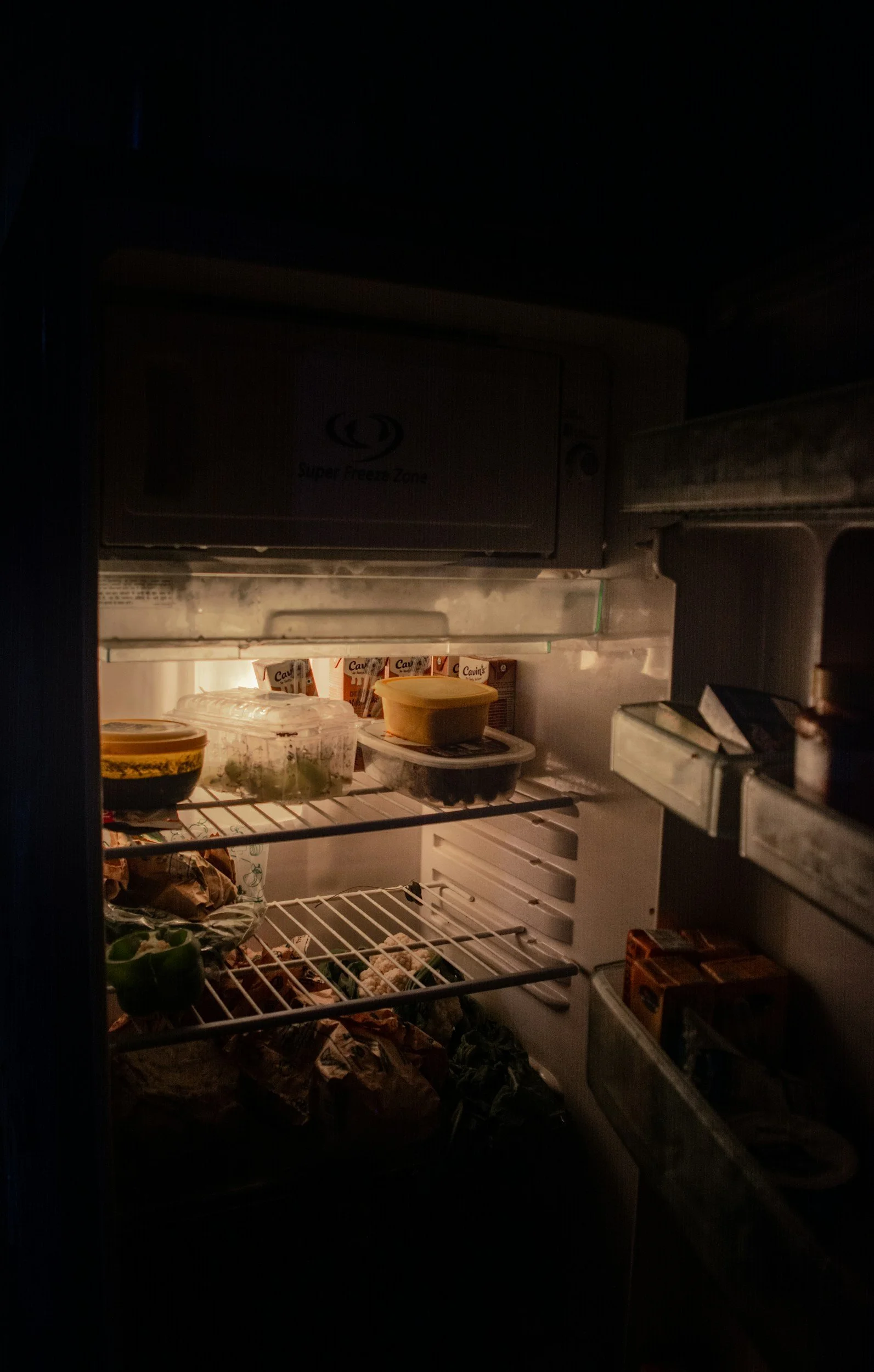Eating Disorders are the Solution not the Problem with Jessica Setnick, MS,RD, CEDRD-S
Jessica Setnick has worked in the eating disorder field for nearly 25 years, as well as her own eating disorder recovery. She envisions a world where no one is ashamed to talk about their eating issues, and everyone who wants it has access to help. She works toward these goals by educating health professionals and the public, especially through her training workshop, Eating Disorders Boot Camp, and her Eating Disorders Pocket Guides. She started a professional organization for eating disorder dietitians through which she advocates for legislation to improve access to care.
Anyway, about the title. I know what you’re thinking, “Um, eating disorders are definitely a problem,” and you’re not incorrect. This chat will highlight why eating disorders have come about because they were solutions to a larger problem. Solving that problem will enable you to get rid of ED for good. Solving just the problem of ED will leave you with the roots untouched. That’s when your body, psyche, whatever will find another solution to the larger problem.
Also, Jessica Setnick and I talk about how anger can get the best of us and how we can approach conflict in a way that helps us learn more. Obviously not easy 🙄.
Listen to the Episode Now
Show Notes
[0:01-2:08] Introduction: Jessica Setnick
[2:09-12:35] What is Jessica Setnick's background, and how did she get into this field?
She is a dietitian who specializes in eating disorders.
Her undergraduate degree was in Anthropology. Wait, what?
She eventually closed her practice and became the spokesperson for a chain of eating disorder hospitals.
She became an advocate for eating disorders, publishing articles and surveys on the subject.
[12:36–18:15] Eating Disorders Bootcamp course and lecture content
Her primary audience consists of primary care professionals.
What problem is this eating behavior addressing for the patient, and what are the appropriate solutions?
It is erroneous to believe that there is only one path to eating disorders.
Compassion is a critical component that is lacking in the eating disorder field.
[8:16-28:40] She discusses countertransference
Teaching professionals how to navigate countertransference, especially when anger is involved!
The key is taking a step back and allowing our curiosity to take over about why this person is reaction to us this way.
As a professional, it is your responsibility to create a non-judgmental environment for your clients.
It is critical to assist patients in reducing their anxiety and distress.
[28:41-41:45] The Origins of Your Food Relationship
Understanding the cause of an eating disorder is critical to resolving it.
Implementing crisis management
Eating disorders can be caused by both physiological and psychological factors.
Addictions and eating disorders can have a connection.
There are numerous paths that can lead to eating disorders.
Eating behavior is the end result; it is the method by which a person solves a problem.
[41:46-53:28] Research Information
There is a lot of bias in the eating disorder field.
With biased research comes biased education and biased professionals, who then perform biased diagnoses because they only see eating disorders in a confined box.
Some things to think about when looking into eating disorder research
[53:29-54:25] Outro
Where to find Jessica Setnick?
Resources Mentioned:
Tweetable Quotes
"The best way to help someone is to put them on a path that leads to long-term solutions." - Jessica Setnick
“You never want to roll around in the sh** with a pig because you get all sh**** and they just enjoy it.”- Jessica Setnick
More From Rachelle
Hey there! I’m Rachelle, the host of the Understanding Disordered Eating Podcast. As a Licensed Mental Health Counselor, I work with clients to make sense of life’s messy emotional experiences.
I believe in the power of deep work and its positive impact on your life in the long term. Learn more about how we can work together here.
You can connect with me on Instagram, through my website or email me directly clicking the links below.
Subscribe & Leave A Review!
If you enjoyed this episode, you can show your support by leaving a review, subscribing, or sharing with someone who may need help. Click here to open this show in iTunes and leave a five star rating and review.
More Episodes








